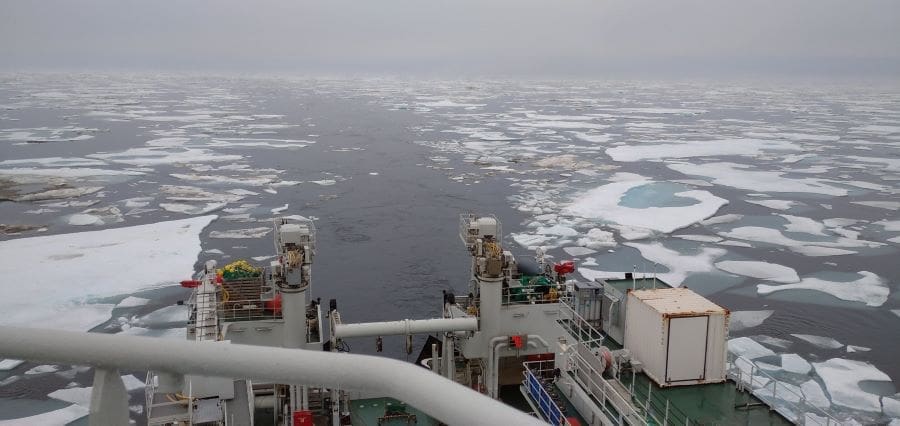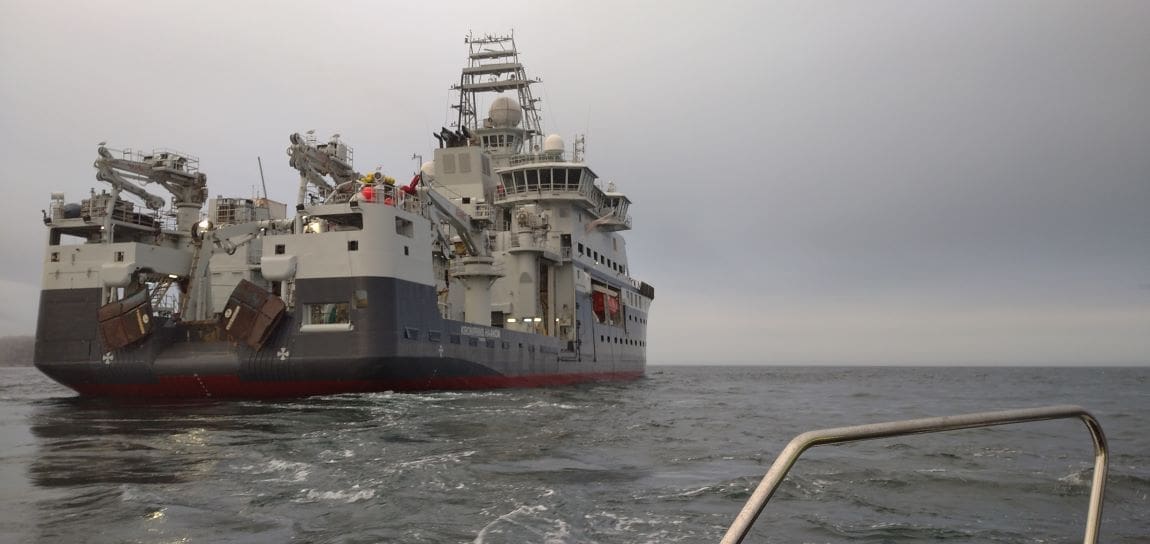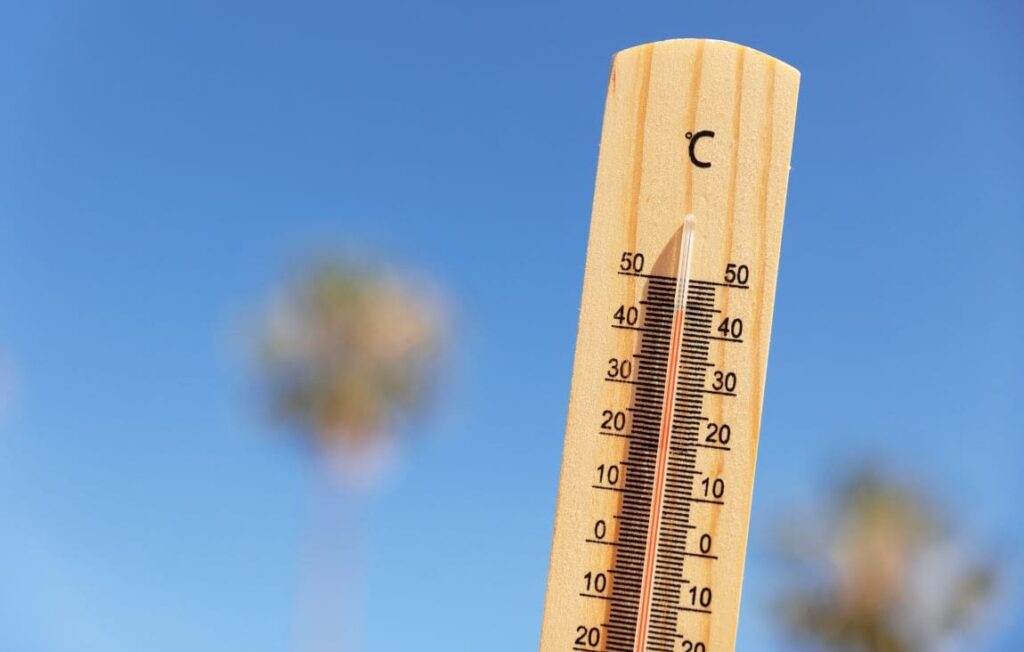Researchers from Finland and Norway have discovered promising antibiotic candidates in microbes found deep in the Arctic Sea.
Using advanced screening methods, they identified two compounds with significant antivirulence and antibacterial effects against enteropathogenic Escherichia coli (EPEC), a major cause of severe diarrhea in children, particularly in developing countries.
The compounds were isolated from actinobacteria, a group of bacteria already known as the source of 70% of all licensed antibiotics. However, these specific actinobacteria were extracted from invertebrates collected in the Arctic Sea off Svalbard, an environment that has rarely been explored for new antibiotic sources.

This approach could offer a valuable strategy for addressing the ongoing global antibiotics crisis, marked by the rapid evolution of resistant bacterial strains and the slow pace of new antibiotic development.
Dr. Päivi Tammela, a professor at the University of Helsinki and corresponding author of the study published in Frontiers in Microbiology, emphasized the significance of their findings: “We discovered a compound that inhibits EPEC virulence without affecting its growth, and a growth-inhibiting compound, both in actinobacteria from the Arctic Ocean.”
The researchers employed a novel suite of automated screening methods to evaluate the antivirulence and antibacterial effects of hundreds of unknown compounds. Their work focused on EPEC, which causes disease by adhering to cells in the human gut and injecting virulence factors that hijack and eventually kill the host cells.
The promising compounds were derived from two strains of actinobacteria, Rhodococcus and Kocuria, isolated from the Arctic invertebrates. One compound, in particular, exhibited powerful antivirulence effects by preventing EPEC from attaching to the host’s gut lining and blocking its ability to bind to the host cell’s Tir receptor, which is essential for the pathogen to cause disease. Notably, this compound did not inhibit the growth of EPEC, suggesting that it may be less likely to promote resistance.
The study‘s results underscore the potential of exploring uncharted environments for new antibiotic sources, which could play a crucial role in combating the growing threat of antibiotic resistance. Dr. Tammela noted that the next steps involve optimizing the culture conditions to produce sufficient quantities of the compounds for structural analysis and further investigation of their bioactivities.
Journal Reference:
Pylkkö T, Schneider YK-H, Rämä T, Andersen JH and Tammela P, ‘Bioprospecting of inhibitors of EPEC virulence from metabolites of marine actinobacteria from the Arctic Sea’, Frontiers in Microbiology 15:1432475 (2024). DOI: 10.3389/fmicb.2024.1432475
Article Source:
Press Release/Material by Frontiers
Featured image: Research vessel Kronprins Haakon, Aug 2020. Credit: Yannik Schneider




